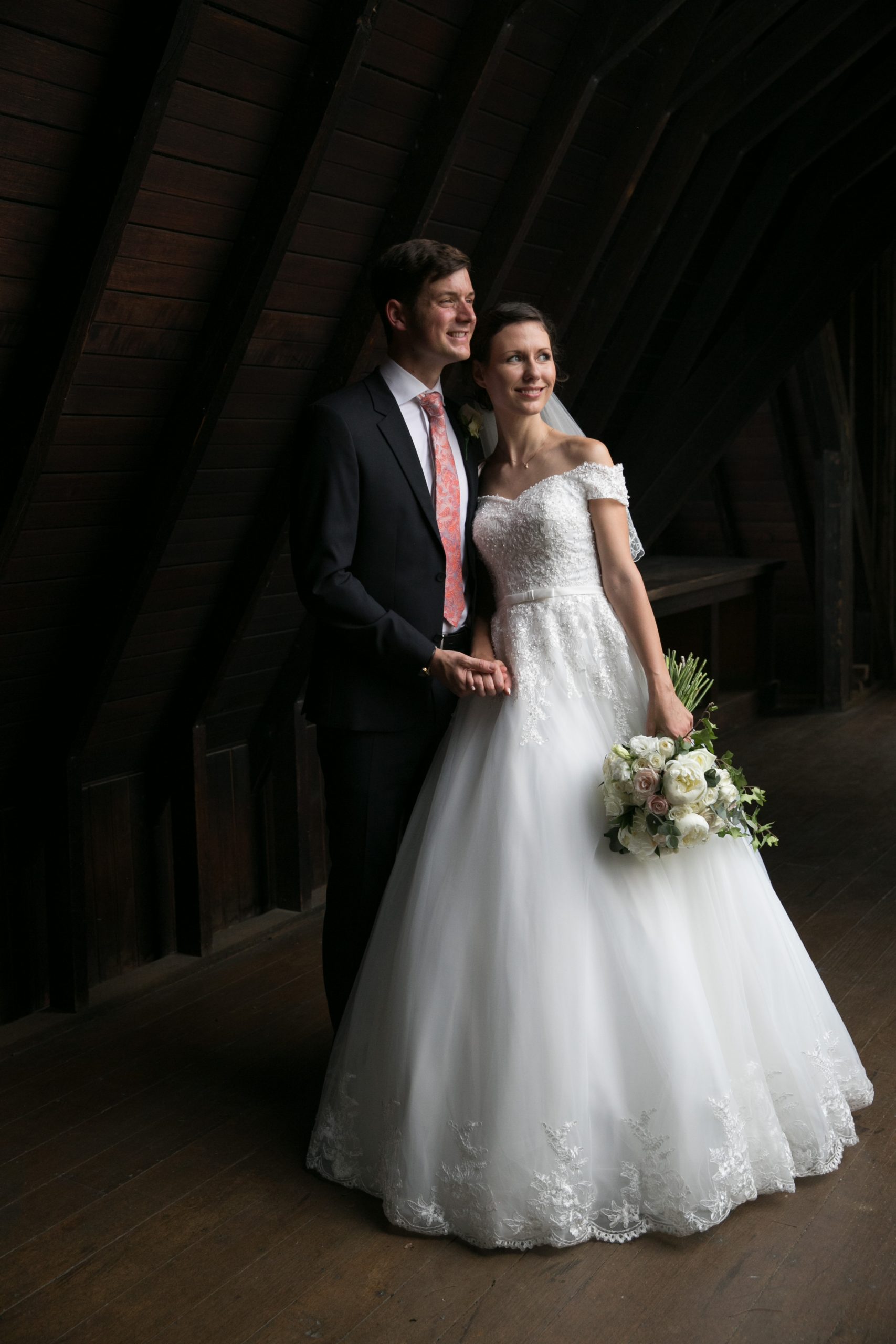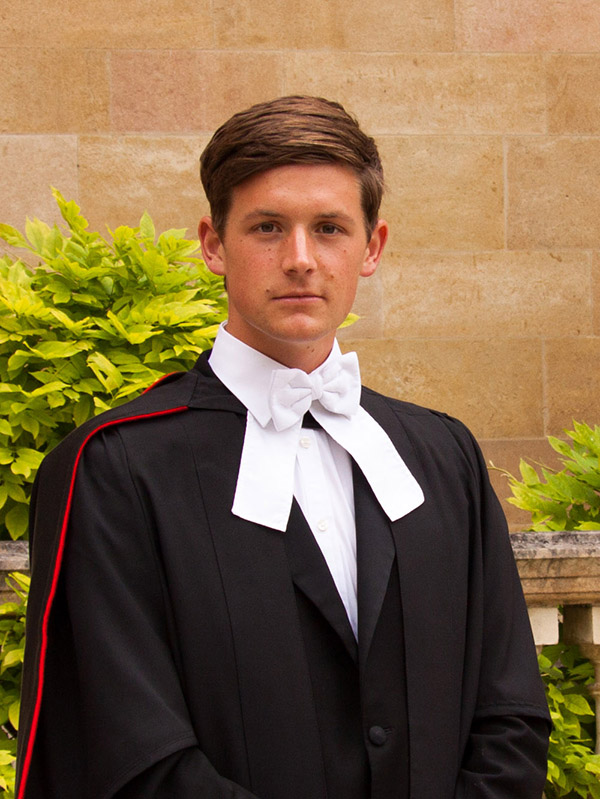
Douglas Brumley and Natalia Egorova both win Discovery Early Career Researcher Awards.
A Gates Cambridge couple have been doubly successful and have both won the competitive Discovery Early Career Researcher Award (DECRA) in Australia.
Husband and wife Douglas Brumley [2009] and Natalia Egorova [2010] were both successful in this year’s round of Australian Research Council Grants. The success rate for the competitive Discovery Early Career Researcher Award is just 16%.
Douglas won a $365,058 grant for a project which aims to apply advanced video-microscopy to characterise microbial motion at the single cell level, interrogating their navigational responses in precisely controlled physical and chemical conditions. Douglas says ocean carbon cycling is driven by the concerted action of marine microbes, but the fine-scale interactions between these microbes and their physical and chemical environments remains elusive. “The project findings will unravel the fundamental processes governing microbial motion in real environments, and develop the mechanistic modelling tools required to make quantitative ecosystem-level predictions of how soil-atmosphere-water-marine systems respond in the face of environmental change,” he states in his submission. Douglas, who did a PhD in Applied Mathematics and Theoretical Physics at Cambridge, is currently a Lecturer in Applied Mathematics at the University of Melbourne.
Natalia’s $366,403 grant is for a project which aims to generate a novel neurobiological account of word learning, going beyond a simple mapping between words and objects and recognising the sensory and socio-communicative embedding of language. Capitalising on interdisciplinary approaches to research, the project will use state-of-the-art neuroimaging to reveal the neural architecture and mechanisms supporting contextualised sensory word learning. Natalia says the results are expected to bring about a paradigm shift in the fields of neurobiology of language and learning, having a profound impact on the practice of language teaching and improvement of language functioning. Natalia who did her PhD in Biology at Cambridge, is currently a postdoctoral researcher at the Florey Institute of Neuroscience and Mental Health and the University of Melbourne.

Douglas Brumley
- Alumni
- Australia
- 2009 PhD Applied Mathematics and Theoretical Physics
- Trinity College

Natalia Egorova-Brumley
- Alumni
- Russian Federation
- 2010 PhD Biology
- Lucy Cavendish College
Having a diverse but mainly Arts background, at Cambridge I shifted to Sciences, pursuing a PhD in Biology at the MRC Cognition and Brain Sciences Unit. I have always been interested in how people use language in context (pragmatics), and what mechanisms in the brain underlie contextual enrichment. Therefore for my PhD I chose to explore the neural correlates of speech act processing, thus contributing to the emerging discipline of neuropragmatics.












